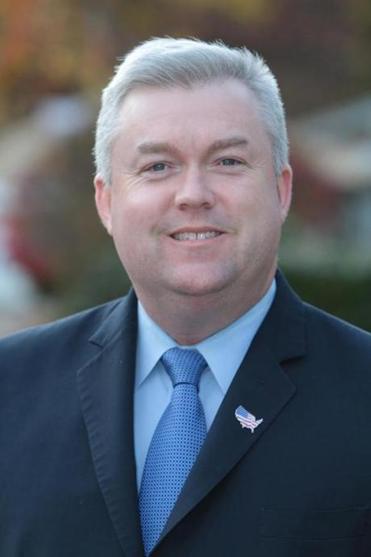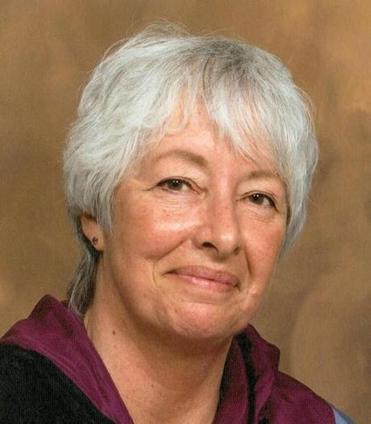|
The Boston Globe
— Metro-North
Sunday, December 7, 2014
THE ARGUMENT
Is it time to update Proposition 2½?
Is it time to update Proposition 2½ to enable cities and towns to
increase property taxes by more than the current limit of 2.5
percent plus new growth revenues?
YES
By Robert J. Dolan, Mayor of Melrose
I don't believe Proposition 2½ should be eliminated, but it needs to
be reformed. The local government of 1982 is unrecognizable compared
to today in terms of technology, health care, mandates, and
particularly public education. Very few policies in the public or
private sector have endured over 32 years without any change or
reform. Here are some ways that government is different in 2014 than
1982, and why reform is needed:
| |
 |
| |
Robert J. Dolan, Mayor of Melrose |
●
Federal and state
mandates, particularly in education and water/sewer, have never been
more stringent or costly. Mandates don’t come with funding.
●
Proposition 2½ has brought in an era of
fees, and it has cost families more: Fees for trash, sports,
kindergarten, busing, etc. We have gone from a taxation system to a
regressive fee system that hurts families, and unlike property
taxes, these fees are not tax deductible. This costs residents more
money than adjusting Prop 2½ and creates a have/have not society,
particularly in education. Yet without fees, many programs would not
exist.
●
Local education funding is dictated by
outside factors like unpredictable snow removal costs or fluctuating
electricity rates. That is not sound, operationally or fiscally.
●
The success of Proposition 2½ was based on
revenue sharing between the state and federal government and cities
and towns. That partnership is shrinking, or ending, and the model
no longer works. For example, Melrose has lost several million
dollars in federal and state aid between fiscal 2009 and 2015.
●
Massachusetts has reformed many complicated
laws. Governor Romney reformed heath care; Governor Patrick reformed
pensions and education. We need to have a mature discussion about
how much things cost and how they are paid for at the level of
government that most directly touches people's lives and is most
accountable to taxpayers.
●
One budget stress that links the private and
public sectors is health insurance. For most cities and towns, the
majority of new revenue brought in under Proposition 2½ is used to
offset rising health insurance costs. That issue didn’t exist in
1982, and those costs are not going away, but they are not
acknowledged in the Proposition 2½ formula.
These are just a few examples, but most importantly, every community
is different, with varying demographics and needs. Proposition 2½
doesn't allow any flexibility to deal with those variations from
community to community and year to year. That was not the purpose of
the law. It’s time for reform.
NO
By Barbara Anderson, executive director, Citizens for Limited
Taxation, Marblehead
Absolutely not. Why would Massachusetts want to raise property
taxes? It’s hard enough for property taxpayers, who may be on fixed
incomes, unemployed, or underemployed in this economy, or not
getting raises every year, to pay the property taxes they have now.
| |
 |
| |
Barbara Anderson, executive director
of Citizens for Limited Taxation |
Property taxes in Massachusetts are
eighth-highest per capita in the nation, 38.4 percent, above the
national average – which is at least an improvement over the highest
in the nation, as they were before Prop 2½.
Before 1980, we’d been promised property tax
relief, and local officials had been promised local aid. Finally,
voters took matters into their own hands with an initiative
petition, which passed 59 percent to 41 percent on the 1980
statewide ballot. Property taxes were cut in some cities, then the
annual levy increase was limited in all communities to 2.5 percent a
year. The auto excise was reduced, a rental deduction created.
Along with cutting/limiting property taxes, Prop 2½ encouraged the
sharing of state revenues with cities and towns. Unfortunately, too
much of that
local aid windfall was negotiated away to public
employee unions, providing extraordinary benefits, which is why some
communities now carry unfunded pension and health insurance
liabilities.
This problem shouldn’t be solved with tax hikes on other working
people who struggle to pay their own retirement and health
insurance. And if inflation increases, taxpayers will suffer from
it, too. Certainly, we don’t want to raise property taxes on the
businesses we need for fighting unemployment.
Prop 2½ forbade new unfunded state mandates and gave municipal
leaders more control over school and public safety budgets. It also
allows overrides and debt exclusions, if local voters can be
convinced to approve them. When local officials want more money than
the levy limit allows, they must ask for it, instead of just taking
it as they did before 1980. Citizen empowerment is one of the best
things about our property tax limit.
This is no time in history for another assault on the middle class.
Deval Patrick broke his campaign promise for property tax relief.
Massachusetts has elected a new governor who has long supported Prop
2½ and I’m confident would veto any attempt to change it. Anyone who
wants to “update Proposition 2½” should instead focus on making the
Commonwealth more productive and better managed, so more local aid
is possible. Until then, if local officials want more money from
their taxpayers, they can ask.
|